Latest research from Teagasc has found that the performance of an animal is dependent not only on its genetic potential, but also the management to which it was and is currently exposed to.
In simplistic terms, this means that no matter how high the genetic merits of an animal is, good and proper management is still required to get the best possible performance out of each animal and in turn the entire herd.
Breeding now as you mean to go on
It has been found that improved reproductive performance not only impacts the cow herself, but also the performance of her offspring and especially the profitability of the enterprise.
This means that good management practices to achieve optimum reproductive performance, not only impact each individual cow, but also the ability of that cow's offspring to subsequently meet these reproductive targets.
For farmers, this means that every management decision taken now has the ability to affect herd and farm performance in both the short- and long-term.
Aidan Murray at BEEF 2018.
The breakdown
To confirm this theory, we must break it down into the two factors - genetics and management - and see if these two individual factors have the ability to affect the performance and ultimate gross margin of a suckler herd on their own.
The differences in performance from animals differing in genetic merit has been well-proven in the Irish suckler herd.
There is clearly large differences in performance existing, with the genetically elite animals outperforming their genetically inferior contemporaries, as shown in Table 1.
Furthermore, research has also proven that good management practices in terms of the reproductive and productive management strategies of a herd, have the ability to improve performance and gross margin on a farm where five key performance indicators have been identified as holding the ability to unlock an extra €300 net margin per cow.
In summary, analysis of national data shows that both the terminal index and replacement index values of animals translate into superior performance and more profit.
This, along with the fact that the performance of an animal is a result of the previous generations of breeding as well as the management to which it has received, means that genetics and good management go hand-in-hand when seeking high performance within a herd.
This research was carried out by Teagasc researchers Aidan Murray and Donagh Berry.
Latest research from Teagasc has found that the performance of an animal is dependent not only on its genetic potential, but also the management to which it was and is currently exposed to.
In simplistic terms, this means that no matter how high the genetic merits of an animal is, good and proper management is still required to get the best possible performance out of each animal and in turn the entire herd.
Breeding now as you mean to go on
It has been found that improved reproductive performance not only impacts the cow herself, but also the performance of her offspring and especially the profitability of the enterprise.
This means that good management practices to achieve optimum reproductive performance, not only impact each individual cow, but also the ability of that cow's offspring to subsequently meet these reproductive targets.
For farmers, this means that every management decision taken now has the ability to affect herd and farm performance in both the short- and long-term.
Aidan Murray at BEEF 2018.
The breakdown
To confirm this theory, we must break it down into the two factors - genetics and management - and see if these two individual factors have the ability to affect the performance and ultimate gross margin of a suckler herd on their own.
The differences in performance from animals differing in genetic merit has been well-proven in the Irish suckler herd.
There is clearly large differences in performance existing, with the genetically elite animals outperforming their genetically inferior contemporaries, as shown in Table 1.
Furthermore, research has also proven that good management practices in terms of the reproductive and productive management strategies of a herd, have the ability to improve performance and gross margin on a farm where five key performance indicators have been identified as holding the ability to unlock an extra €300 net margin per cow.
In summary, analysis of national data shows that both the terminal index and replacement index values of animals translate into superior performance and more profit.
This, along with the fact that the performance of an animal is a result of the previous generations of breeding as well as the management to which it has received, means that genetics and good management go hand-in-hand when seeking high performance within a herd.
This research was carried out by Teagasc researchers Aidan Murray and Donagh Berry.



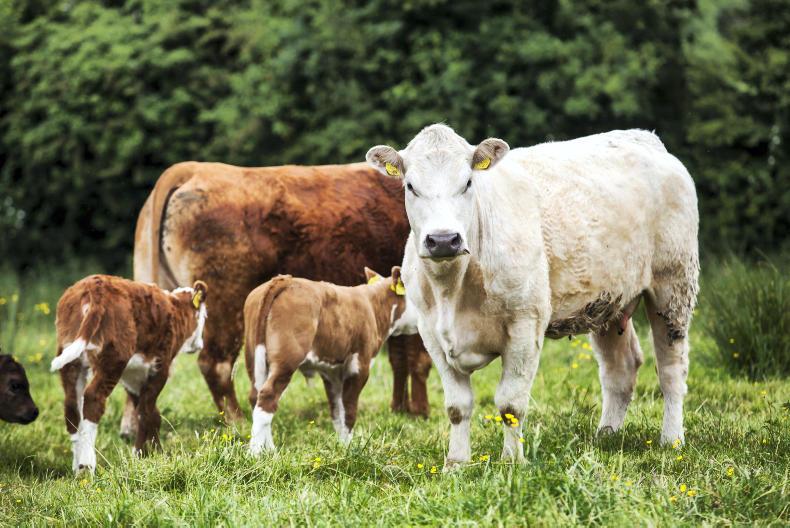

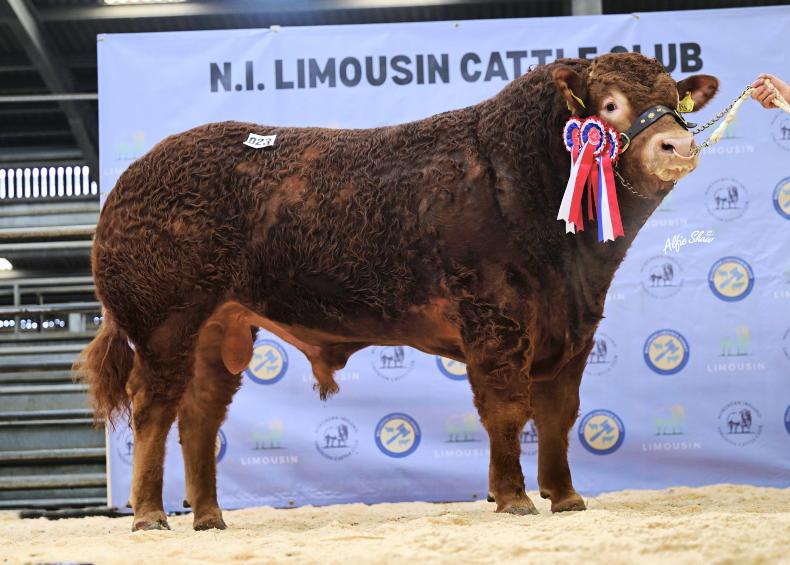
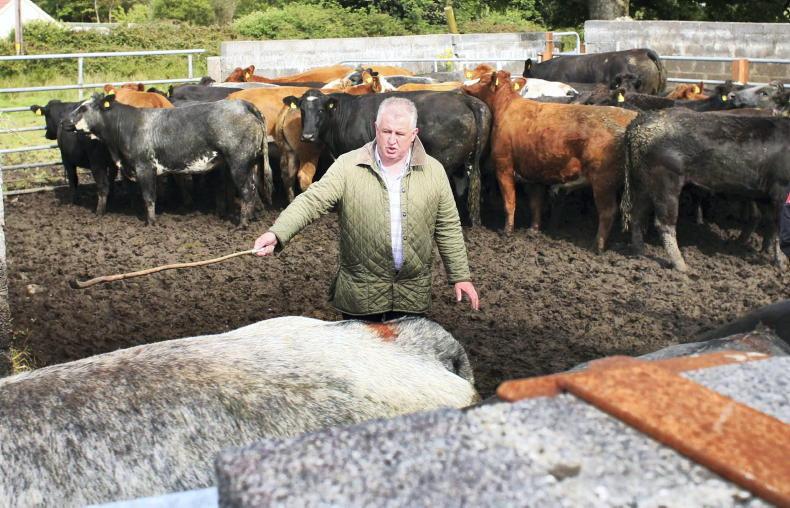
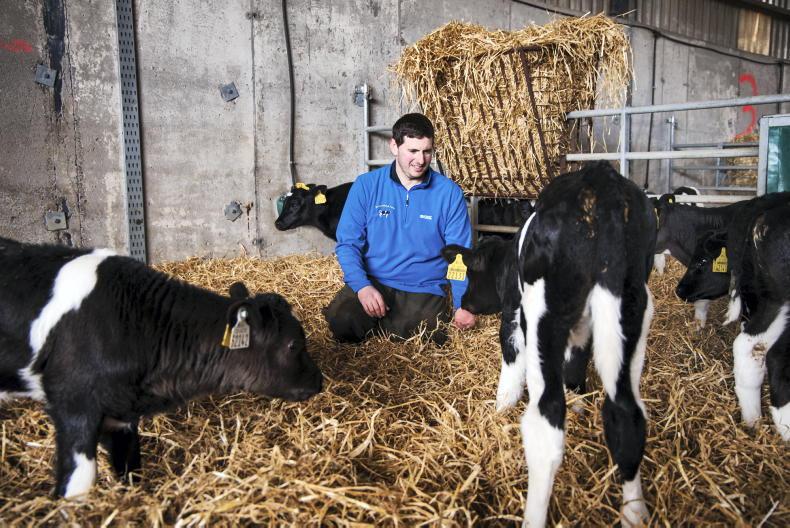
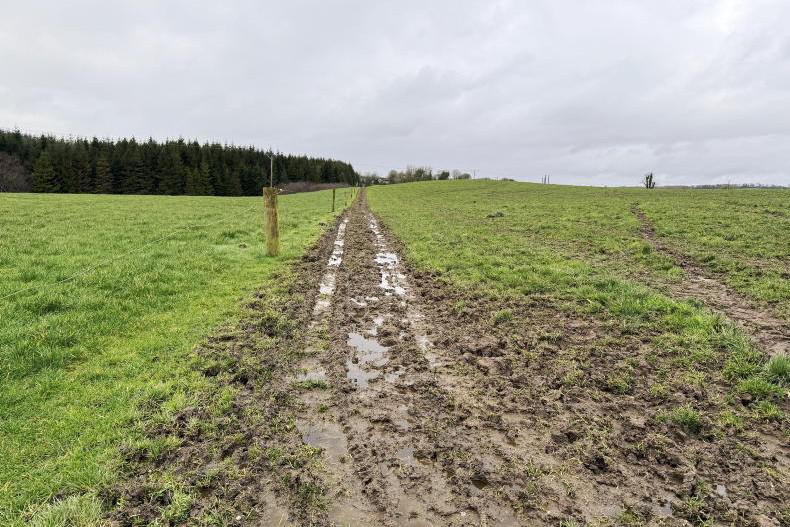
SHARING OPTIONS